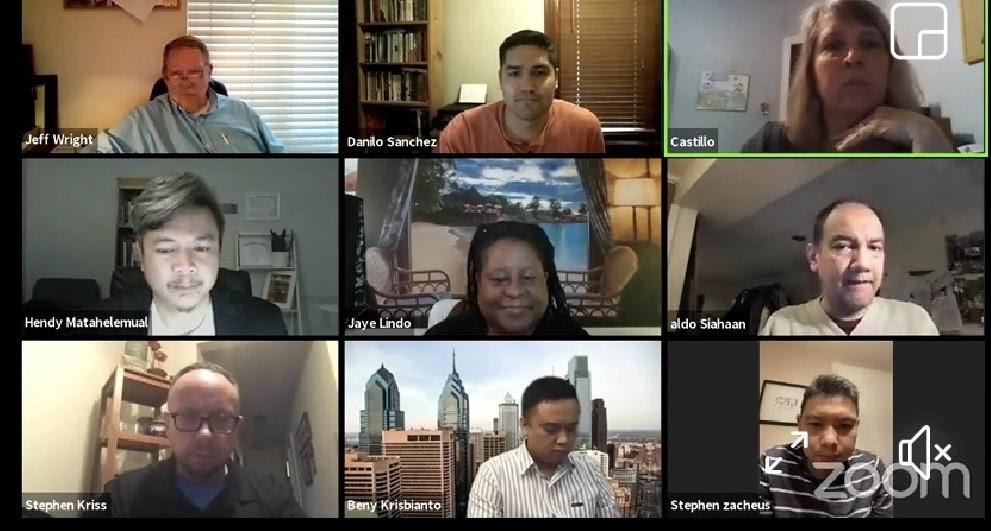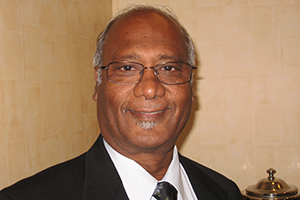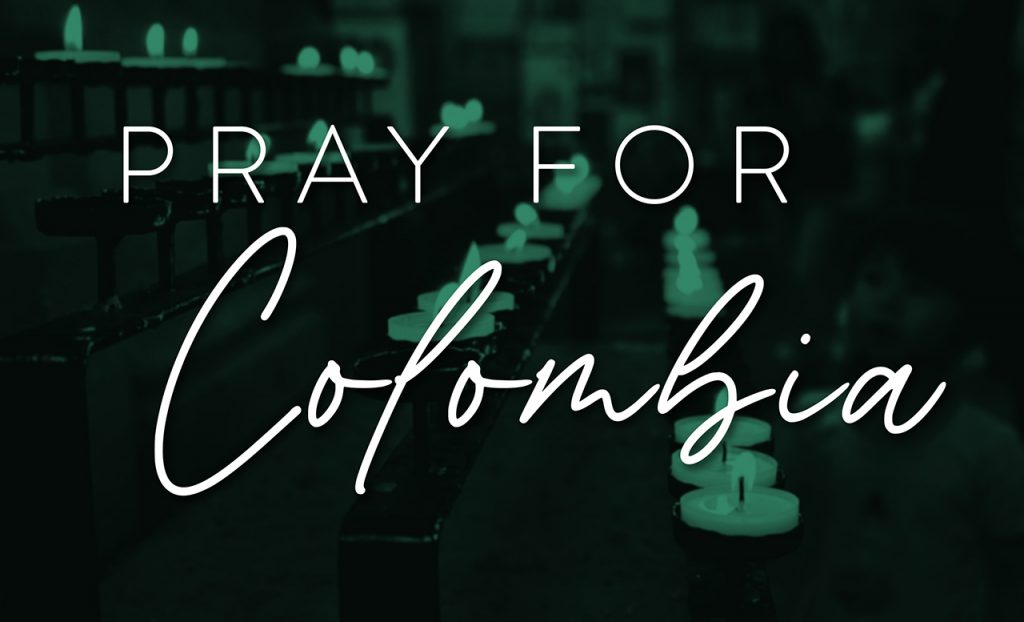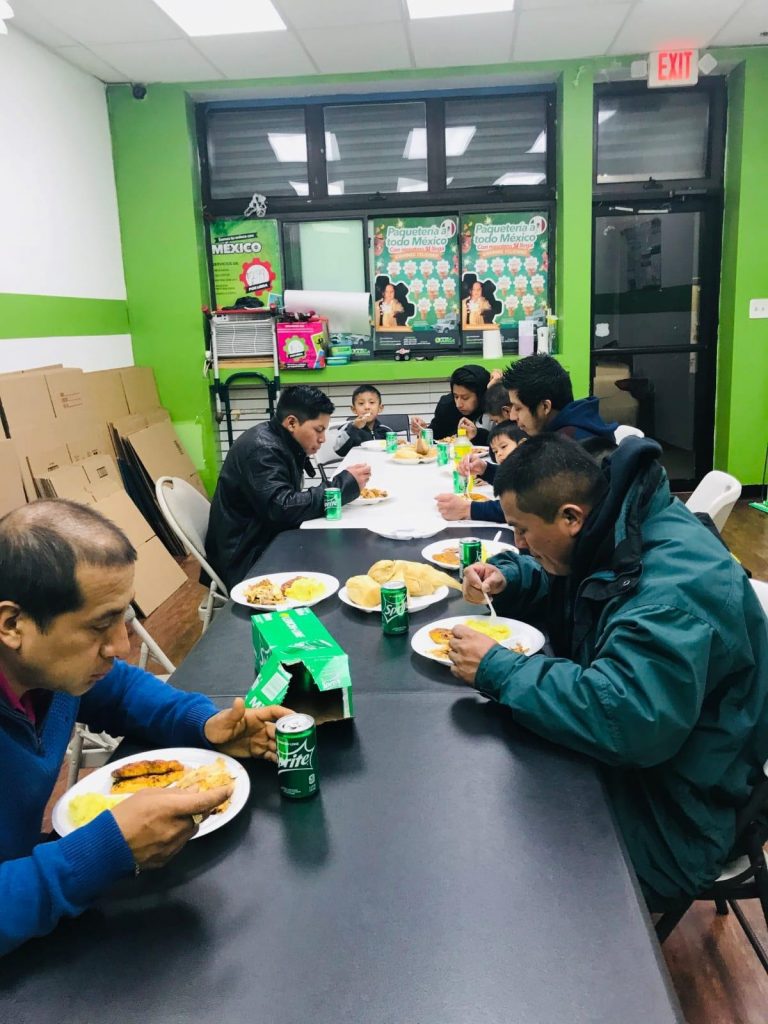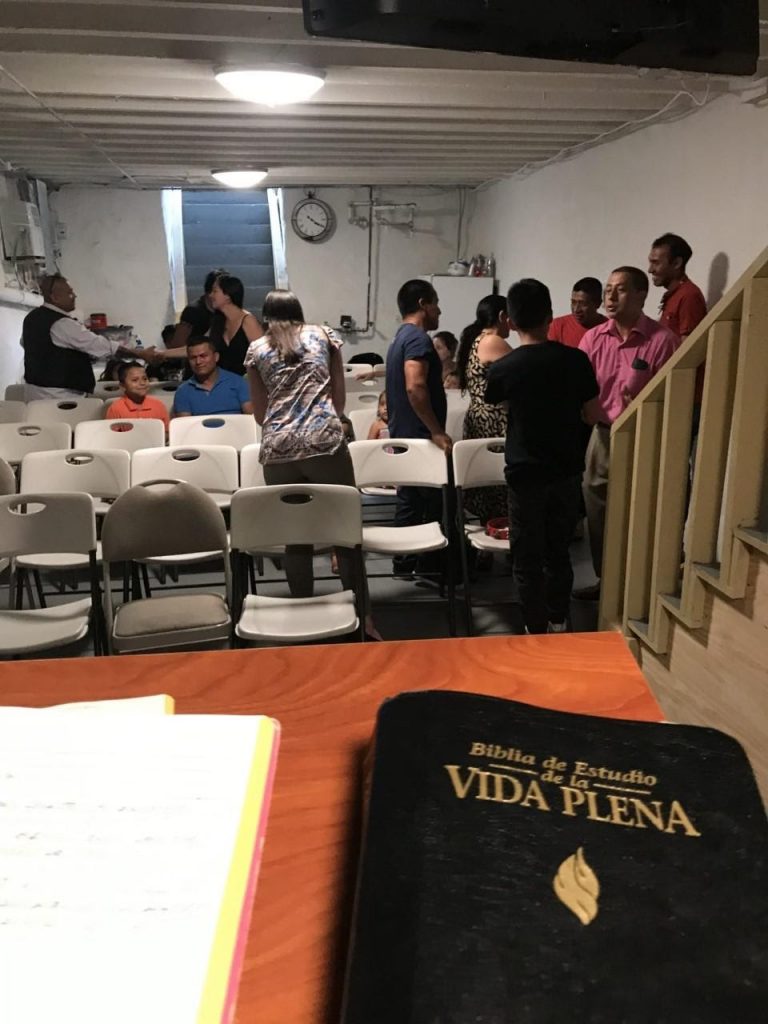
Why do an estimated sixty-two percent of children who are sexually abused never tell their story of harm and betrayal?
Shame. Shame is a natural reaction to being violated and abused. In fact, abuse by its very nature is humiliating and dehumanizing. The victim feels invaded and defiled, while being helpless and at the mercy of another more powerful person. Shame, as an emotion, protects the victim by encouraging them to keep quiet. Often, they believe if they keep quiet the abuse will not happen again.

Fear of consequences. Victims have a lot to lose by speaking up, and usually their abusers know this and use this to facilitate their abuse. They may fear they won’t make the team, will be given a bad grade, or will lose the gifts the abuser also gives them. If the abuser is a family member, they fear this person will be punished or taken away. These potential losses create conflict for the child, and therefore, they don’t speak up.

They don’t believe they will be believed. The victim has less power than the abuser, and abuse happens in secret. Judith Lewis Herman in Father-Daughter Incest says, “Any touch or other behavior between the child and adult that must be kept secret will be considered abuse.” So, it is the child’s word against the adult’s word, and the one with the most authority, position, and power is almost always believed.

Denial and minimizing. It is a common psychological defense for all of us to deny or minimize the seriousness of abuse, as a way of helping us survive and move on. “He’s just a really friendly guy.” “It was only a kiss, it’s not like I was raped.” Denial, minimizing, and not remembering are important ways victims survive and move on, until it is safe enough to disclose. Disclosing abuse often takes y(ears).

Sex is private. Sex is typically very private and personal. In our personal relationships, in our church, school, and youth organizations, we seldom talk about sex, especially good sex. So, what child or adolescent wants to bring up the topic of sex, especially when it was harmful? It’s also important to remember that young children don’t even have a concept of sex, so how can they talk about it?

Those of us with ears don’t want to hear it. We have all been trained by our culture and media to believe that sexual abuse is caused by evil perpetrators. We have a hard time believing that good, loving helpers and parents can use their goodness as a cover for the harm they cause. We want to believe that our schools and churches and children’s clubs are safe places, staffed by adults who will protect our children. So, when a child or youth speaks out about abuse, we must use our ears and listen, and believe, and respond. They need us.
Yes, it often takes (y)ears for a victim to feel safe enough to disclose abuse. We can sometimes reduce the years they must hold the abuse in secret, by offering our ears as a safe harbor for their story.
Editor’s note: After allegations of misconduct at Dock Mennonite Academy became public in March, Mosaic Conference received requests to provide resources for pastors and youth leaders to understand and lovingly respond as congregational members shared stories of trauma and abuse from their own lives. This is the third in a series of four articles by John Drescher-Lehman, LCSW designed to provide information on abuse-related trauma and guidance for pastors and congregations who desire to foster openness and healing.
Resources for Trauma Series
by John Drescher-Lehman, LCSW
- Part 1: This Can’t be Happening
- Part 2: Sexual Abuse is More than Sexual
- Part 3: Disclosing Abuse Takes (Y)ears
- Part 4: Recovery for All

